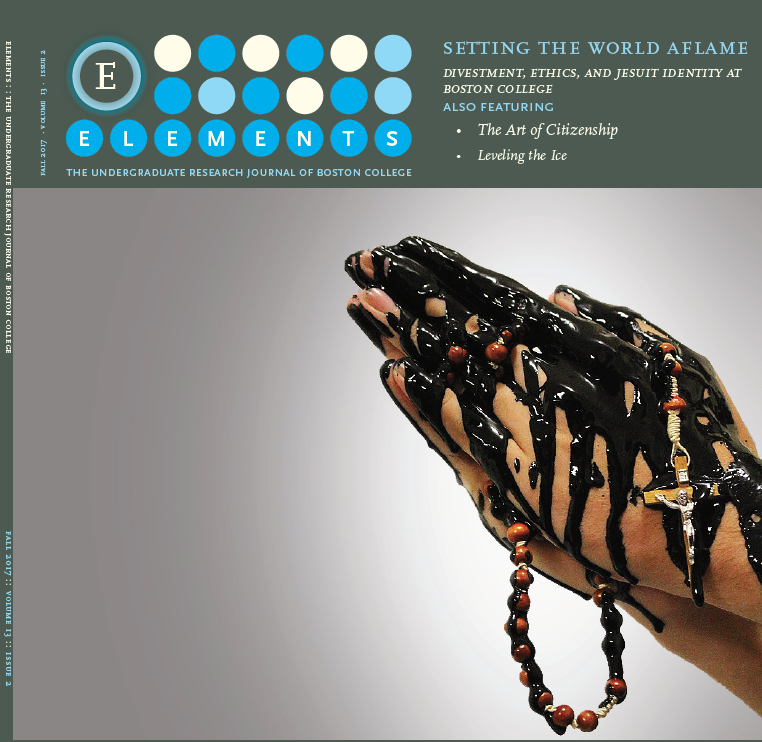Oppression and Suppression: The Lingering Controversy Surrounding the Meaning of the Battle of Okinawa in Japanese Memory
DOI:
https://doi.org/10.6017/eurj.v13i2.9951Keywords:
Battle of Okinawa, memory, OkinawaAbstract
Historical facts are sealed, but the memory of a particular history changes from one generation to the next. The highly politicized nature of historical memory determined that only one interpretation can be right at a time. Yet when individual memories contradict what is taught publicly, such gap creates an identity conflict within generations of war survivors. Such is the conventionality of Okinawa’s unique history. Focusing on the relationship between “memory” and “identity,” Countering this conception is the suppressed memories of individuals whose recollection challenged the conventional portrayal of victimhood. Drawing on the second-generation war survivor Medoruma Shun’s fictional novella Droplets as primary document, this paper explores the conflict of identities of Okinawans from a perspective of “memory.” Emphasizing the consequence of prolonged war trauma created by the lapses in public and private memories, the paper points to the bridge of the two as a potential gateway to resolve not only identity conflicts within individual war survivors, but collective healing as a group in reconciliation with its own pastcrimes.
Downloads
Published
How to Cite
Issue
Section
License
Copyright (c) 2018 Weijia Shen

This work is licensed under a Creative Commons Attribution 4.0 International License.

